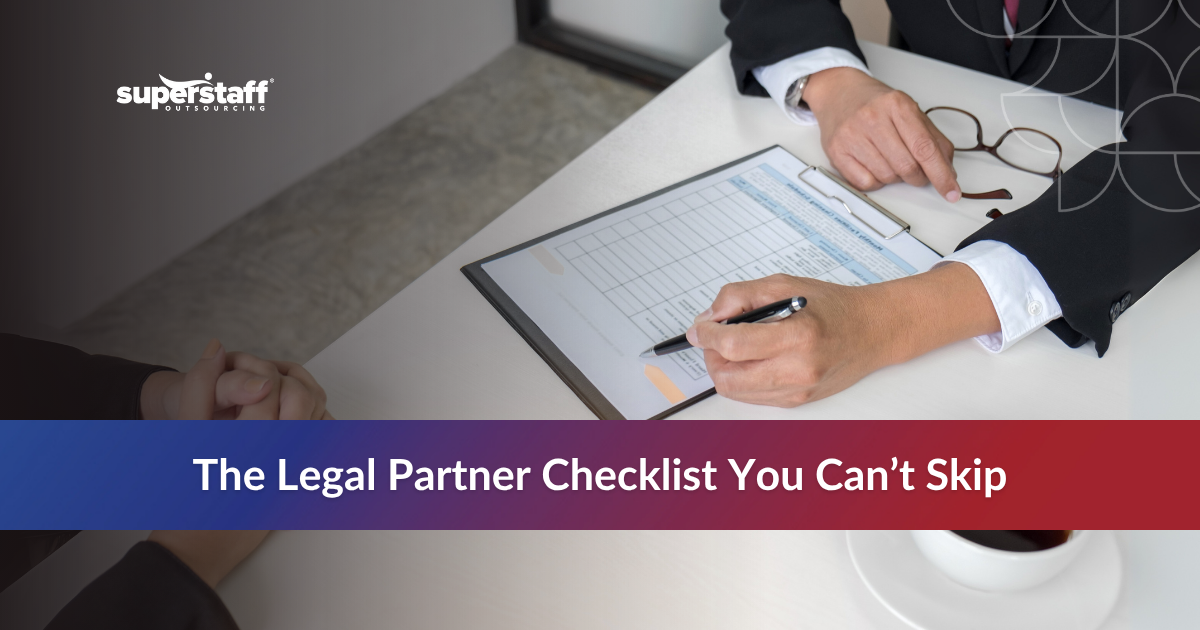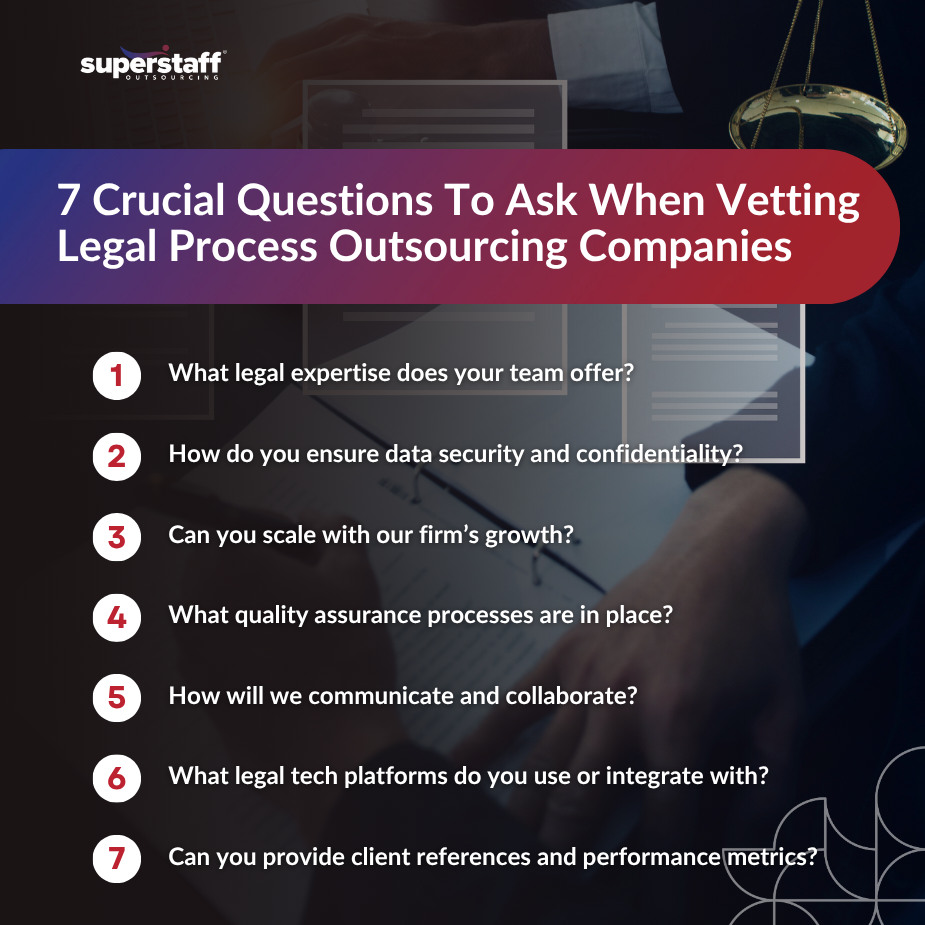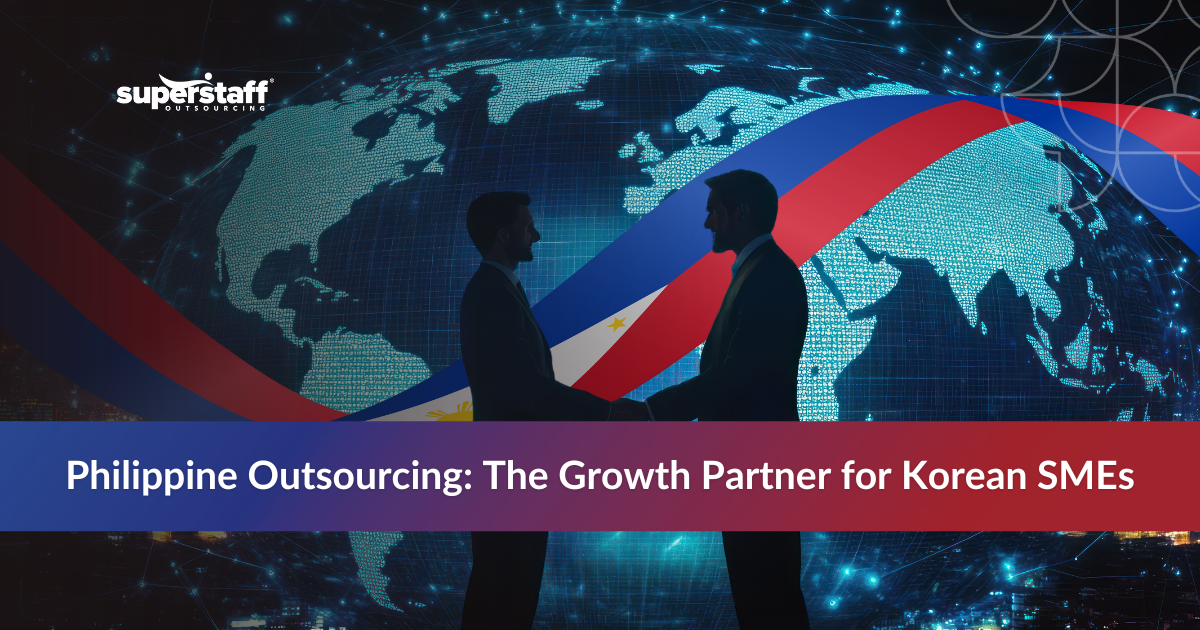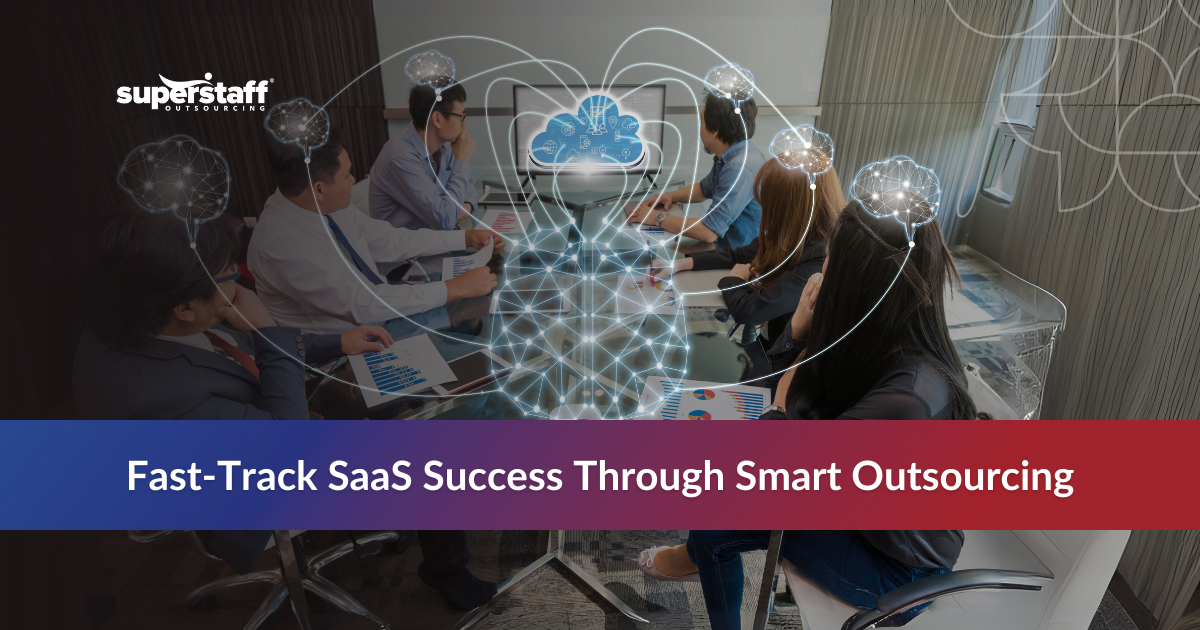
Legal outsourcing can be a strategic advantage—if you choose the right partner. From reducing overhead to accessing specialized talent, legal process outsourcing (LPO) offers law firms and in-house legal teams a way to scale quickly and stay focused on high-value work. But while the global demand for legal process outsourcing companies continues to rise, not every provider is equipped to deliver consistent, compliant, and confidential service.
As legal departments face mounting pressure to do more with less, the appeal of outsourcing is clear. Still, selecting the wrong vendor can lead to costly mistakes, data security risks, and reputational damage. That’s why choosing the right partner isn’t just a procurement decision—it’s a strategic one.
Before you sign a contract, you need to ask the right questions. This blog breaks down the seven essential questions every law firm or legal team should ask when evaluating legal process outsourcing companies, helping you separate the true professionals from the pretenders.
What Legal Expertise Does Your Team Offer?
Not all LPO providers are qualified to handle the nuances of your legal practice. While many legal process outsourcing companies claim to support a wide range of services, their real-world experience and domain specialization are what matter most.
Check if the provider has dedicated expertise in specific legal areas such as corporate law, intellectual property (IP), compliance, contract review, litigation support, or legal research. The more aligned their experience is with your practice area, the less time you’ll spend on training and quality corrections.
- Do they have licensed attorneys, certified paralegals, or legal analysts on staff?
- Are their team members trained in jurisdiction-specific rules and regulations?
Understanding the complexity of your caseload is key. A provider familiar with U.S. law may not automatically understand the nuances of European GDPR compliance or Asian trade regulations. Domain knowledge directly impacts turnaround time, document accuracy, and client satisfaction.
Beyond expertise, you also need to ensure your data stays protected.
How Do You Ensure Data Security and Confidentiality?
Legal work demands ironclad security protocols. When you outsource legal processes, you’re entrusting sensitive client information, intellectual property, and confidential case details to a third party. A breach can cost more than money—it can severely damage your reputation.
When evaluating legal process outsourcing providers, ask detailed questions about their data protection infrastructure.
- Are they ISO 27001-certified or SOC 2-compliant?
- Do they enforce strict access control, endpoint protection, and data encryption?
- Are NDAs mandatory for all employees and subcontractors?
Make sure you understand their protocols for data storage, remote access, and disaster recovery. It’s also critical to explore how to evaluate legal process outsourcing companies for compliance and security—not just on paper, but in practice.
Security is just one side—scalability also matters.
Can You Scale With Our Firm’s Growth?
Your LPO provider should evolve with your legal team. Whether you’re expanding into new markets, handling an influx of M&A contracts, or preparing for a document-heavy litigation season, scalability is a critical factor.
Some legal process outsourcing providers are built to scale—others are not. Gauge their readiness by asking:
- What’s your turnaround time for onboarding new staff?
- How do you handle workload spikes during peak seasons?
- Can your infrastructure support multiple jurisdictions or languages?
The ability to scale quickly without sacrificing quality ensures your internal team never gets overwhelmed and that clients experience consistent service.
Of course, quality is more important than quantity.

What Quality Assurance Processes Are in Place?
Consistency and accuracy are non-negotiable in legal services. Mistakes in legal documentation can lead to delays, sanctions, or financial penalties. Legal process outsourcing companies must have robust quality assurance (QA) systems.
Ask about their review workflows:
- Do they employ senior reviewers or subject matter experts to validate all outputs?
- Are random audits performed to ensure accuracy?
- Is there a standardized feedback loop for corrections and continuous improvement?
A reliable provider should demonstrate transparency in how they track quality metrics and handle escalations. QA protocols are not just about catching errors—they’re about preventing them in the first place.
Along with process rigor, communication is a critical component.
How Will We Communicate and Collaborate?
Clear communication is the backbone of successful outsourcing. Miscommunication can derail case strategies, delay deliverables, and introduce compliance risks. Your LPO partner must integrate seamlessly into your workflows.
Here’s what to ask:
- Will we have a dedicated account manager or legal project lead?
- What collaboration tools do you support (Slack, Microsoft Teams, legal CRMs)?
- Are your teams available during our business hours or by appointment?
Responsiveness is often the difference between a good provider and a great one. Communication protocols should be clearly defined from the beginning, including update schedules, reporting formats, and escalation paths.
And speaking of tools, legal tech integration can make or break a partnership.
What Legal Tech Platforms Do You Use or Integrate With?
Seamless integration with your legal tech stack boosts productivity. The right technology improves turnaround times, reduces human error, and provides better transparency into workflows. Legal process outsourcing companies that can adapt to your existing systems provide an edge.
Look for providers who:
- Work within your contract lifecycle management (CLM) or e-discovery platforms
- Offer document automation or AI-driven legal research support
- Can integrate with your practice management software, like Clio or NetDocuments
Ask about their tech stack and how they stay current with emerging legal technologies. A future-ready provider is one that evolves with both the legal and technological landscapes.
Lastly, don’t forget to check the basics: experience and references.
Can You Provide Client References and Performance Metrics?
Social proof and measurable results matter when making a long-term outsourcing decision. It’s one thing for a provider to make promises; it’s another to back them up with evidence.
When narrowing down legal process outsourcing providers, request:
- References from firms of similar size or practice area
- Case studies that outline the challenges, solutions, and results
- Key performance indicators (KPIs) like turnaround time, error rates, and client satisfaction scores
References allow you to verify whether a provider consistently delivers on its SLAs and how responsive they are when issues arise. Performance metrics give you quantifiable insights into their capabilities and accountability.
With the right questions asked, you’re ready to move forward confidently.
Ask the Right Questions, Find the Right LPO Partner
Vetting an LPO provider goes beyond price—it’s about long-term partnership, performance, and protection. Legal process outsourcing companies can unlock incredible efficiencies, but only when the right due diligence is done.
To summarize, when evaluating providers, make sure to ask about:
- Legal expertise and domain specialization
- Data security and confidentiality protocols
- Scalability and operational flexibility
- Quality assurance frameworks
- Communication and collaboration tools
- Technology compatibility
- References and performance metrics
If you’re wondering how to evaluate legal process outsourcing companies for compliance and security, these questions offer a strong starting point. At SuperStaff, we understand the critical balance between legal precision, speed, and discretion.
Reach out today to learn how our legal process outsourcing solutions can support your firm’s success.






